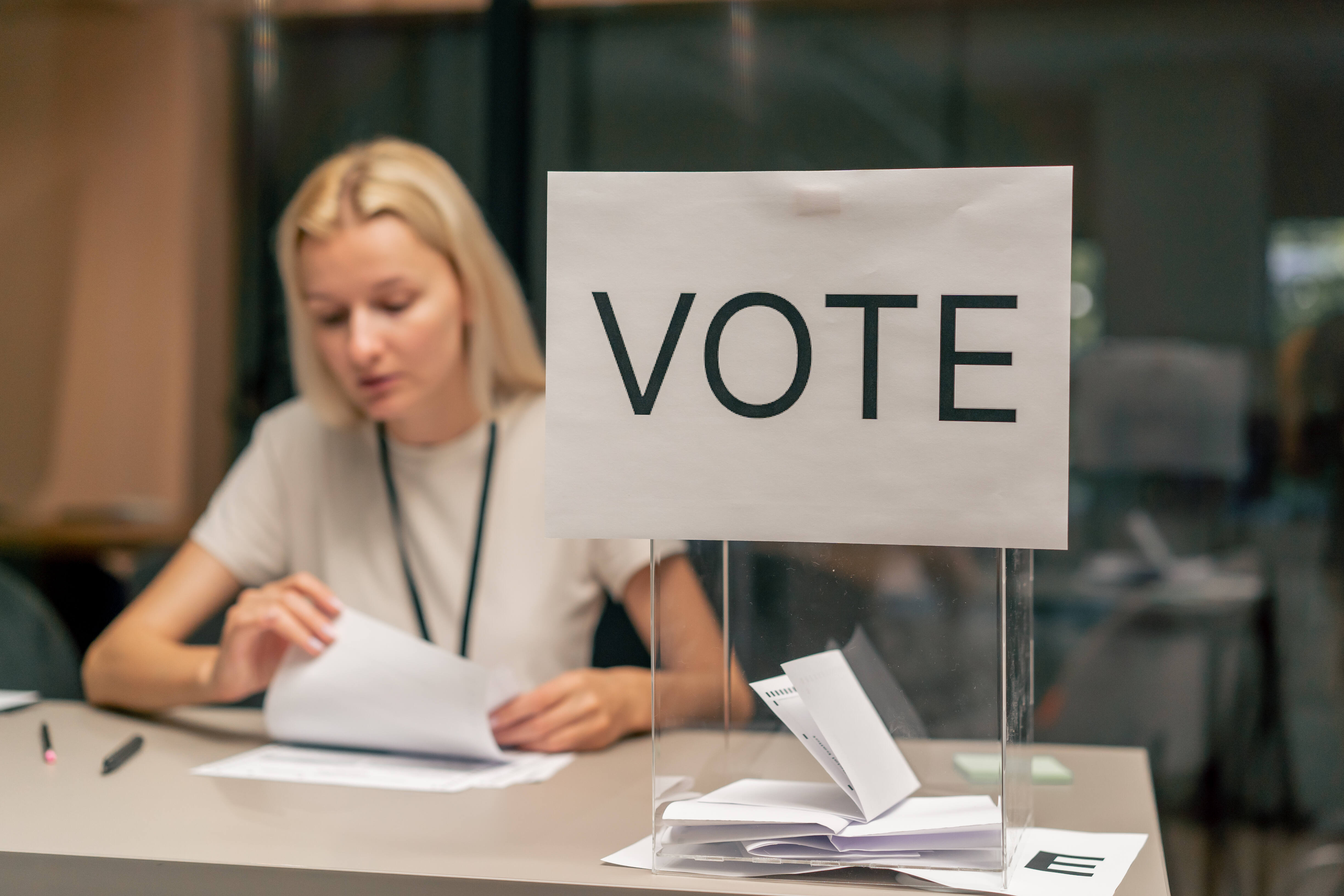The Administrative Appeals Tribunal (AAT) is the organisation responsible for reviewing decisions made by the Australian government. The Migration and Refugee Division (MRD) is a division under the AAT which reviews Australia visa decisions. Typically applicants and visa holders will submit an application for review when their visa application is refused, or when their Australian visa is cancelled. Additionally the MRD also reviews decisions regarding sponsorship and nomination under employer sponsored visas. Citizenship application decisions are also reviewed by the MRD.
When a decision is being reviewed by the Tribunal one of the following results occur:
- the decision is affirmed (i.e. there are no changes)
- the decision is set aside (i.e. the decision is substituted with a new and different decision)
- the original application (visa/citizenship/sponsorship/nomination) is remitted (i.e. returned) to the Department of Immigration and Border Protection (DIBP) for reconsideration with recommendations by the Tribunal on additional factors to be considered
- the decision is varied
The AAT conducts a merits review which is explained as follows on the AAT website:
“Merits review is an administrative reconsideration of a case. A merits review body makes decisions within the same legislative framework as the primary decision maker, and may exercise all the powers and discretions conferred on the primary decision maker.”
The Tribunal reviews the application afresh and may also consider new evidence or information submitted with the review application.
The AAT is independent of the DIBP and has the powers to review and reverse (set aside) the decisions made by DIBP.
AAT-MRD Statistics for 2015-2016
In the 12 months from 1 July 2015 to 30 June 2016 the AAT-MRD received 14,307 applications for review. The reviewed decisions include those for all Australian visas (including bridging visas) and exclude refugee and humanitarian visas.
The majority of the decisions submitted for review are:
- Partner visas (29%)
- Student visas (17%)
- Visitor visas (13%)
- Temporary work visas (11%)
During the same period a total of 12,511 decisions were handed out to active review applications. Out of the 12,511 decisions handed out:
- 37% were set aside
- 44% were affirmed
- 12% were withdrawn
- 7% were not reviewed (no jurisdiction or the review application was not submitted in time)
Other interesting statistics include:
- 46% of Partner visa reviews resulted in DIBP decisions being set aside
- 31% of Student visa reviews resulted in DIBP decisions being set aside
- 51% of Visitor visa reviews resulted in DIBP decisions being set aside
- 26% of Temporary work visa reviews resulted in DIBP decisions being set aside
- 23% of Nomination or Sponsorship approval reviews resulted in DIBP decisions being set aside
Should I submit a review to the AAT for my visa/sponsorship application that was refused?
You can submit a review application only if you are entitled for review rights. The decision to lodge a review application to the AAT depends on the circumstances of the visa/sponsorship refusal. Some of the common grounds for refusals include:
Partner visas – Schedule 3 issues, failure to demonstrate genuine relationship
Student visas – Meeting the Genuine Temporary Entrant (GTE) requirement, lack of financial capacity
457, RSMS and ENS visas – Demonstrating genuine position
Visitor visas – Meeting the Genuine Temporary Entrant (GTE) requirement
At Work Visa Lawyers we will assess the original application and supporting documents submitted and advise if the prospects for review are favourable. The Decision Record received by the applicant will also be studied in detail to identify weak areas of the original application and how we can address them in the review application.
What are my chances of success with the AAT-MRD review?
The chances of obtaining a positive outcome from the Tribunal to set aside a DIBP decision require the following:
- a thorough analysis of the refusal Decision Record
- in-depth knowledge about the visa applied and the requirements
- assessing the applicant’s circumstances and ability to address the issues highlighted by the DIBP delegate when deciding on the refusal
In summary it should be considered whether the applicant can provide better evidence or information that will meet the visa application requirements. If the original application can be improved then the chances for success with the review will be increased.
Applicants with complicated circumstances should also note that submitting an AAT review application is a pathway towards ministerial intervention. You can only request for a ministerial intervention if you have received a decision from the AAT. You should be aware that the Minister only intervenes in a small amount of cases and you should have unique or exceptional circumstances before applying for a ministerial intervention.
You can find out more about ministerial interventions here.
Sources:
- http://www.aat.gov.au/resources/statistics
- http://www.aat.gov.au/AAT/media/AAT/Files/Statistics/2015-16/MRD-Detailed-Caseload-Statistics-2015-16.pdf
- http://www.aat.gov.au/AAT/media/AAT/Files/Statistics/2015-16/MRD-Migration-Caseload-Statistics-2015-16.pdf
This information is accurate on 25 August 2016
Do you need help with an Australian visa application or Review Application?
At Work Visa Lawyers we are experienced in assisting applicants in all matters relating to Australian visa applications. Our areas of expertise include Skilled Migration visas, Business Skills Migration visas, Employer Sponsored Work Visas, Partner and other Family Migration visas as well as the Administrative Appeals Tribunal (AAT) Review, Judicial Review and Ministerial Intervention.
If you require further information regarding your Australia visa options you can contact us through:
(08) 8351 9956 or +61 8 8351 9956
or This email address is being protected from spambots. You need JavaScript enabled to view it.






